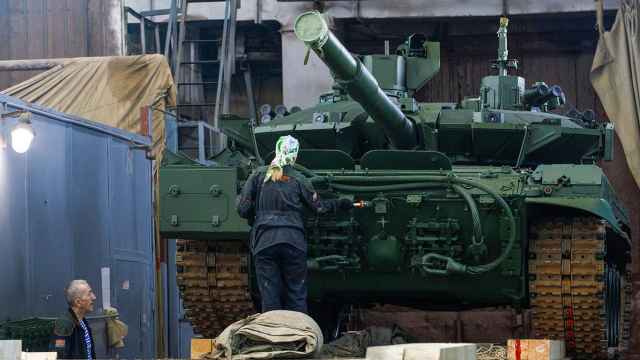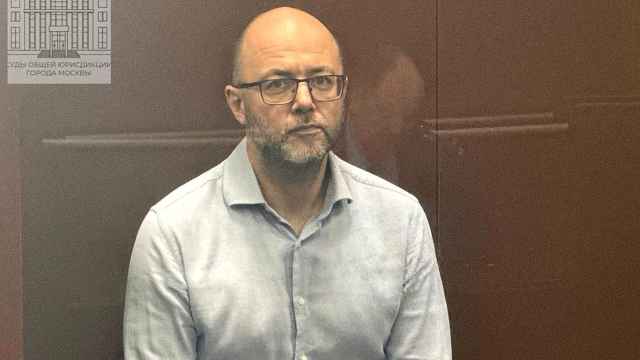A reduction in the number of members of the euro zone may cause "irreparable damage," President Dmitry Medvedev said.
"If the number of euro-zone countries is reduced, it does not mean that it will make the euro a more stable currency," Medvedev told chief executive officers on Nov. 12 at a summit as part of the Asia-Pacific Economic Cooperation forum in Honolulu. "We are fans of the euro and of the euro economy."
Europe's sovereign-debt crisis and its consequences for the global economy were among the topics discussed at the APEC summit. Delegates also debated the future of the euro as a reserve currency. U.S. President Barack Obama said it was important for Europe to stand behind individual members of the euro region to resolve the economic turmoil.
European leaders agreed last month to leverage their 440 billion euro ($605 billion) rescue fund to give it more than 1 trillion euros, as they work to prevent the spread of the 2-year-old crisis from engulfing Italy and Spain. Russia is seeking an increase in the weight of developing nations in the International Monetary Fund after the IMF pledged to assist the euro region.
Russia is watching the fate of the euro as almost half of its currency reserves are in euros, Medvedev said.
The euro rose last week from a one-month low versus the dollar amid optimism that European leaders are tackling their debt crises after Italy's Senate approved an austerity bill and Greece swore in a new prime minister.
The 17-nation currency pared a weekly loss versus the dollar to 0.3 percent as Italian bonds rose, pushing yields below the 7 percent level that led Greece, Ireland and Portugal to seek bailouts.
A Message from The Moscow Times:
Dear readers,
We are facing unprecedented challenges. Russia's Prosecutor General's Office has designated The Moscow Times as an "undesirable" organization, criminalizing our work and putting our staff at risk of prosecution. This follows our earlier unjust labeling as a "foreign agent."
These actions are direct attempts to silence independent journalism in Russia. The authorities claim our work "discredits the decisions of the Russian leadership." We see things differently: we strive to provide accurate, unbiased reporting on Russia.
We, the journalists of The Moscow Times, refuse to be silenced. But to continue our work, we need your help.
Your support, no matter how small, makes a world of difference. If you can, please support us monthly starting from just $2. It's quick to set up, and every contribution makes a significant impact.
By supporting The Moscow Times, you're defending open, independent journalism in the face of repression. Thank you for standing with us.
Remind me later.





